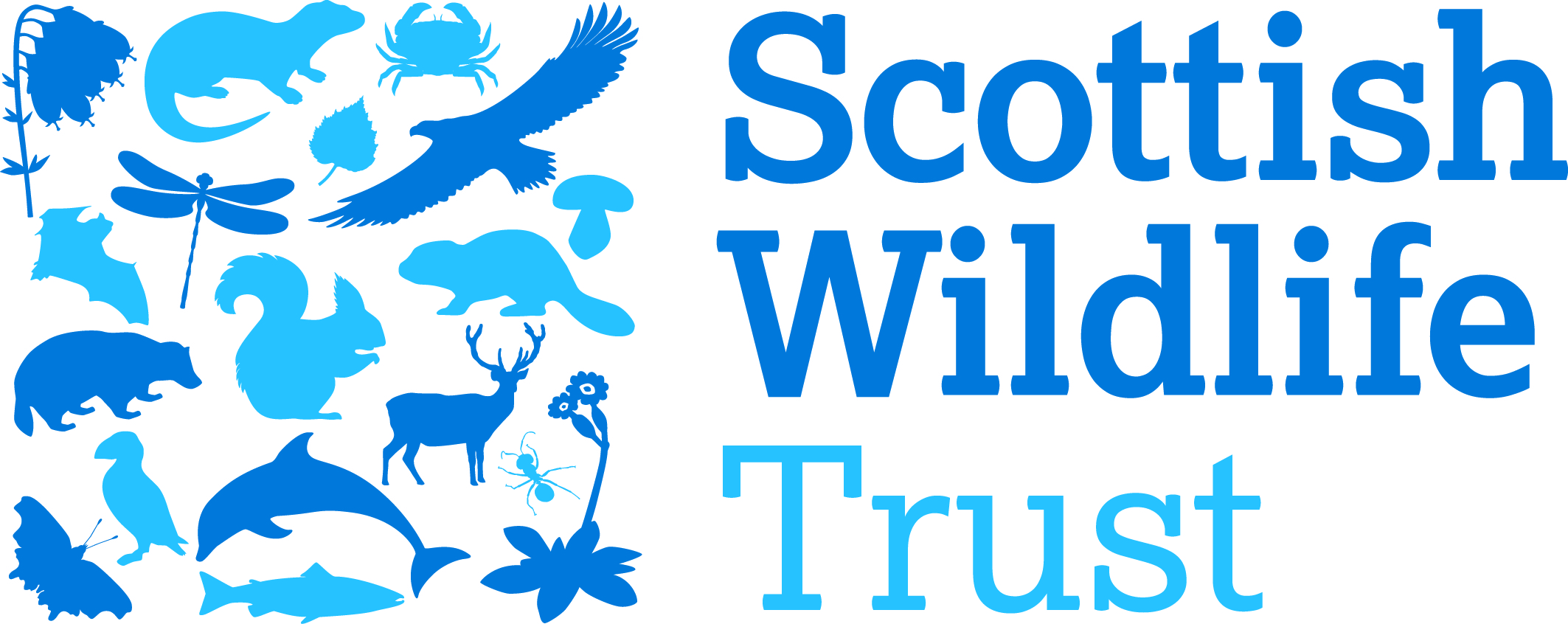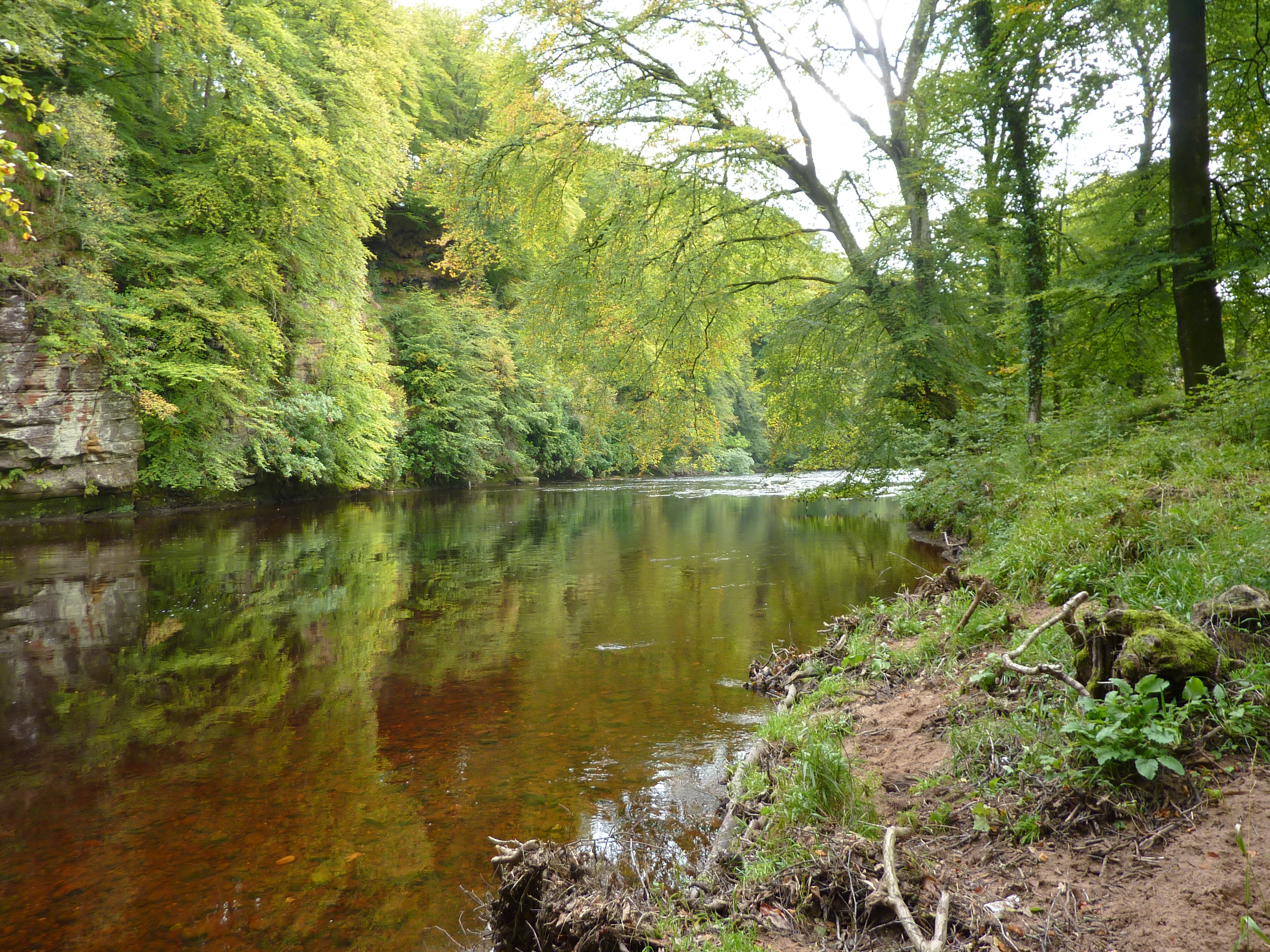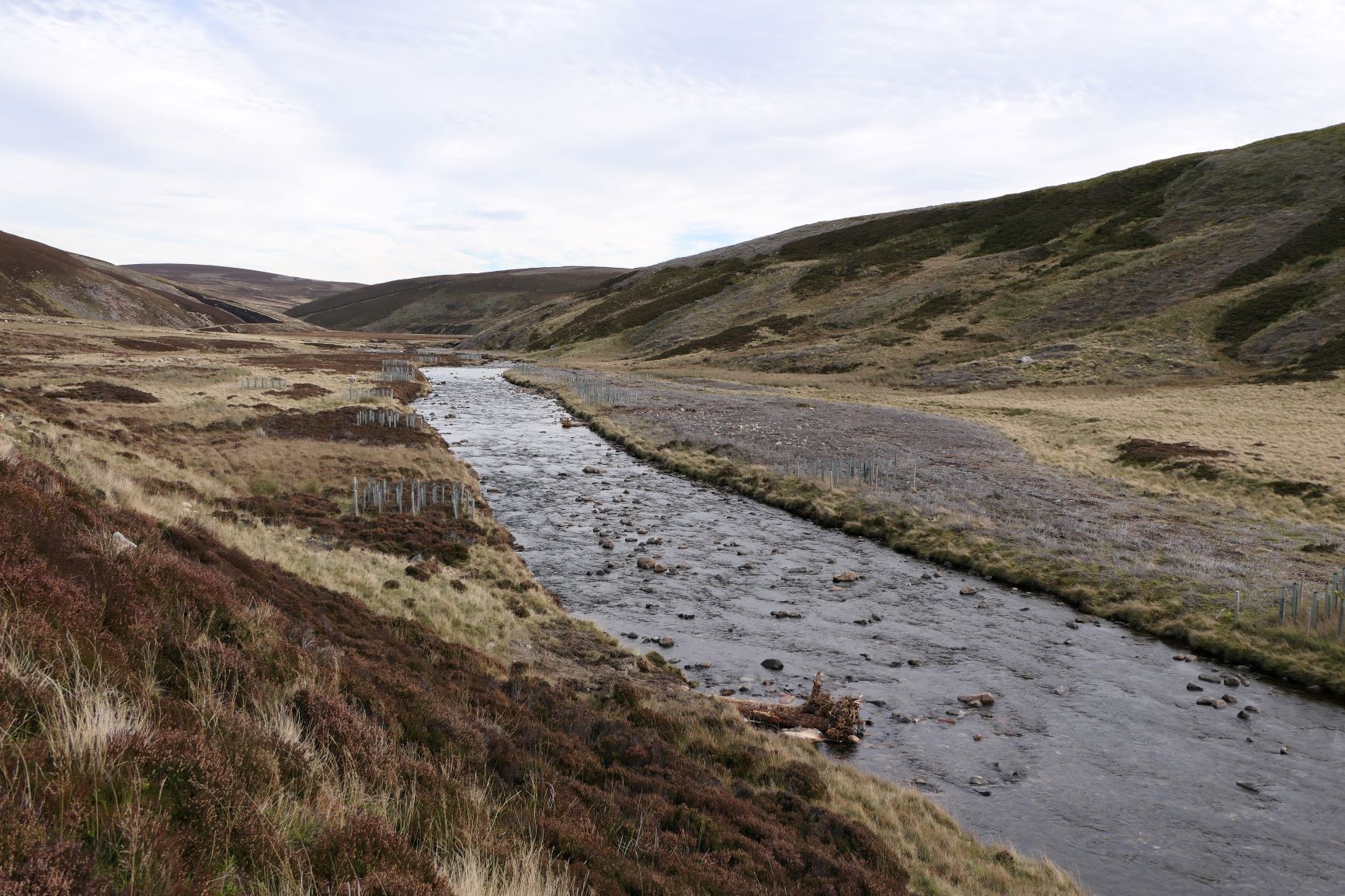Scottish Wildlife Trust

We asked Jo Pike, CEO of the Scottish Wildlife Trust, about how the work that the Trust does ties into the Scotch Whisky industry's sustainability priorities and ambitions.

Tell us about the work your organisation does – how long it has operated, its remit, its core work
For close to 60 years, the Scottish Wildlife Trust has worked with its members, partners and supporters in pursuit of its vision of healthy, resilient ecosystems across Scotland’s land and seas. We champion the cause of wildlife through policy and campaigning work, demonstrate best practice through practical conservation and innovative partnerships, and inspire people to take positive action through our education and engagement activities. We manage a network of 116 wildlife reserves across Scotland and are a member of the UK-wide Wildlife Trusts movement.
What connections does the work you do have with the Scotch Whisky industry?
A few years ago, we worked with leaders in the whisky industry to help raise awareness of the importance of a healthy natural environment to our economy. To do this, we created an infographic called ‘what’s in a dram?’, which we published in time for Burns Night. It was a recipe-card format highlighting the ‘ingredients’ needed to make whisky over a period of 10,000 years. We did this through the Scottish Forum on Natural Capital, which helps business leaders and others to understand that, ultimately, our natural assets are the most valuable assets of all, and they underpin our entire economy.

Ayr Gorge Woodlands © Gill Smart
More recently, we have been exploring the potential for the Scotch Whisky industry to play a role in a partnership initiative led by the Scottish Wildlife Trust called Riverwoods. This is about creating and connecting up a network of riverbank woodlands and healthy river systems across the whole of Scotland. Trees beside rivers provide a host of benefits, including helping to regulate water temperature – something that will become increasingly important to the whisky industry as we experience the effects of climate change.
Why is it important for the Scotch Whisky industry to work with organisations like yours?
Ultimately, everything – including our wellbeing, our economy and our way of life – relies on nature. Nature is our life support system but it’s under threat from a range of factors including climate change. Businesses, governments, financial institutions, academic institutions, community groups and charities all need to work together, sharing their unique skills to help stop the decline of nature and reduce carbon emissions before it’s too late.
The good news is that we can achieve more if we tackle both of these emergencies together. Helping nature helps fight the climate crisis because peatlands, woodlands and our marine environment can lock up huge amounts of carbon, as well as helping to provide other vital benefits including protection from the kind of extreme weather that will become more frequent with climate change.

River Gairn, Dee catchment © Sarah Robinson
Why should caring for the Scotland’s nature and wildlife be important to an industry like Scotch Whisky?
Whisky is an iconic product from Scotland that is known the world over. The association between this important Scottish export and the natural environment is incredibly strong, which makes environmental leadership even more important.
We need as many people as possible to get behind the effort to stop – and then reverse – the loss of nature before it’s too late. The United Nations has designated this decade as the Decade on Ecosystem Restoration. If we want to be able to tackle the many problems the world currently faces, including the climate crisis, we need to recognise nature as a vital ally. Without it, we won’t be successful in solving any of these.
With COP26 on the horizon, why is it important for industries like Scotch Whisky to engage with the wider sustainability agenda?
This is a pivotal moment for humanity. Everyone needs to engage but sectors representing the most significant parts of our economy have a particular responsibility. Leadership is needed like never before.
What is special about Scotland, and Scotch Whisky?
Scotland is a nation known for its incredible natural environment, its spirit of innovation and of course its whisky. Less well known, perhaps, is just how under threat Scotland’s species are. This is a reflection of a global emergency and we need Scotland to step up and help show the way to a more sustainable future. Scotch Whisky has a depth and a warmth that makes it unique. If we can emulate those qualities in embracing the environmental challenges we face, I’ve no doubt that the wealth of ideas in Scotland and the feelings people have for nature will be vital tools in helping us rise to the challenge.
Learn more about the work that the Scottish Wildlife Trust does here.
Scottish Wildlife Trust news & commentary
Sustainability numbers add up for green whisky strategy
New data shows the Scotch Whisky industry has more than halved greenhouse gas emissions since 2008.
Special Scotch Whisky Announced to Mark Collaborative Spirit of COP26
The SWA has announced a limited edition blended Scotch Whisky, produced by the industry to mark the COP26 conference in November.
Scotch Whisky Association Raises a Toast to Race to Zero Partnership Status
The Scotch Whisky Association has been formally announced as an official Race to Zero partner ahead of COP26 in November.